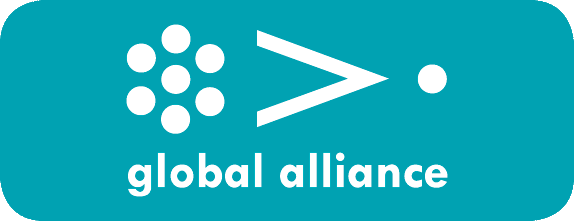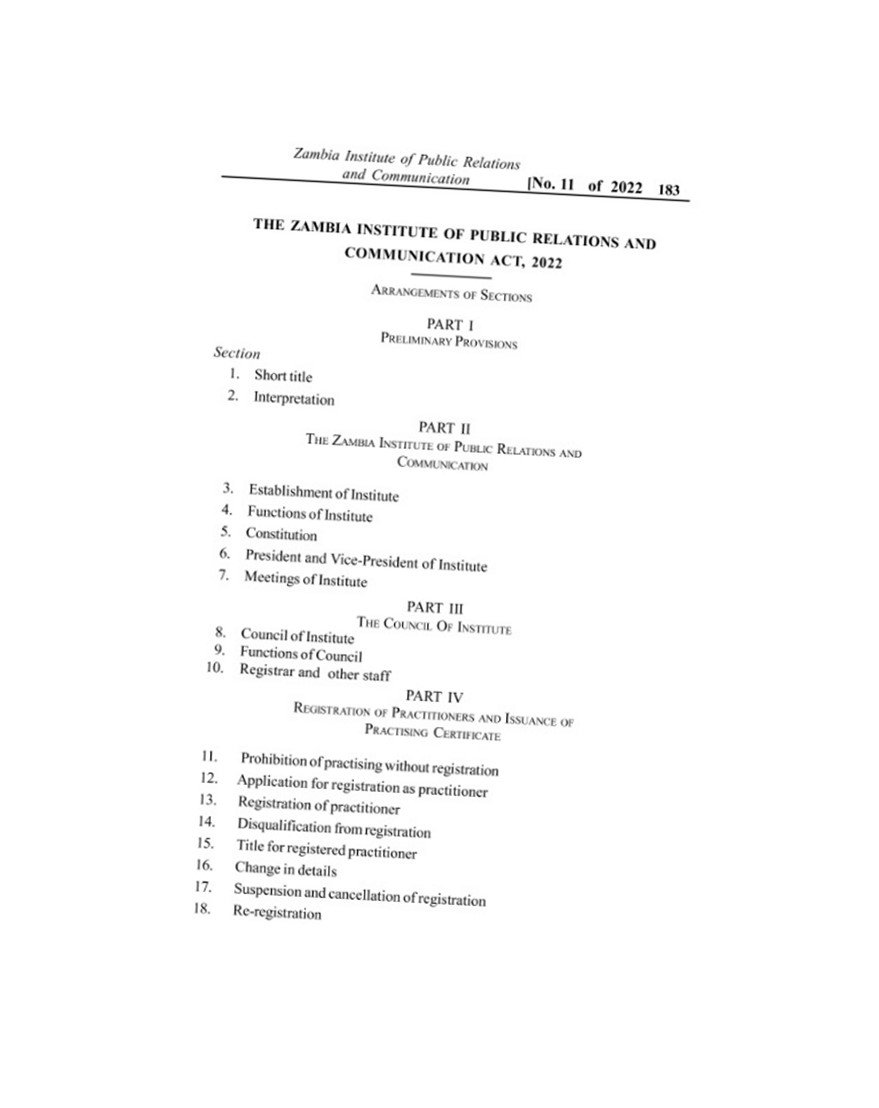PR ETHICS IN A PREDICAMENT: WHAT IS THE SOLUTION?
Introduction
HISTORICALLY, Public Relations (PR) practitioners have been viewed with a degree of skepticism.
Some people are of the view that the duty of practitioners is to conceal the truth from their organisations while others perceive PR as a tool for propaganda or disseminating distorted information.
To the contrary, PR ethics guide practitioners to disseminate honest and forthright information to their publics including employees, management, customers, investors, media, and the community, among others.
It is the PR professional’s job to communicate with stakeholders in such a way that the organisation is not promising to do more than they can or making unrealistic claims about their product or service.
The Importance of Ethics in PR and Communication
PR is about building relationships, which depends on trust and therefore one cannot be a trusted source if he or she is famous for lying.
It is therefore unethical for practitioners to disseminate falsehood or distorted information to the publics.
Furthermore, PR ethics demand that practitioners must be fair and uphold integrity as they engage with different publics.
At times, however, PR ethics are under threat from fake news, transparent digital platforms and other predicaments especially where an organisation has been found wanting.
Regrettably, there are instances where PR practitioners fail to uphold the various ethical principles. Some PR practitioners fail the ethical principles because they are not part of the decision-making process in an entity. Other practitioners fail the tests because of pressure to “cover up things” for organisations.
It is therefore important for organisations to support PR practitioners and placement in decision making positions so that it is easier for communicators to act in the best interest of their organisations and the publics.
In addition, organisations must be above reproach especially in the age of the Internet, social media and the 24-hour news cycle to mitigate unethical conduct from PR practitioners.
The current trend of social media acting as a newsroom, – making it easy for stakeholders and the public to find news, – not only opens an organisation to scrutiny but also allows stakeholders to interact with
an entity on any issue with which they are not happy with.
Promoting Ethics in PR and Communication in Zambia
In Zambia, PR has generally been practiced in both the public and private sectors.
The recognition of the professional in the country started gaining ground around the period 2000 and 2005, with more people with distinct qualifications practicing PR. Government Ministries and departments, Local Authorities and the private sector in Zambia started appreciating PR and employing PR personnel. Over the years, there has been an increasing number of trained PR professionals, PR Agencies and Consultants in the country.
In recognition of the growth of the PR profession in Zambia, practitioners in 2008 established an association, the Zambia Public Relations Association (ZAPRA) as a professional body for Communications and PR practitioners in the country.
The main objective of ZAPRA was to promote professionalism, knowledge sharing, and ethical conduct among the members.
The Association recruited members on a voluntarily basis and for this reason, enforcement of ethics among practitioners could not be enforced. It is for this reason that PR practitioners pursued regulating the PR profession through legislation.
Consequently, the Zambia Institute of Public Relations and Communication (ZIPRC) Act No. 11 was enacted in August 2022 to regulate PR and Communication practitioners in Zambia.
This transformed ZAPRA into the ZIPRC whose main objective is to register PR and Communication professionals in Zambia and regulate their professional conduct.
Among the functions of ZIPRC is to promote and encourage internationally accepted PR and communication best practice standards in Zambia. The Act makes it mandatory for the Institute to adopt and publish a Code of Ethics for all practitioners.
The Institute places a high premium on promoting ethics and professional conduct among its members. The Code of Ethics which can now be enforced alongside the ZIPRC Act.
Extract of ZIPRC Professional Principles:
ZIPRC is open to adopting and adapting fundamental professional principles in the field of PR and communication.
1. ZIPRC accepts the application of global professional principles aligned with the provisions of the ZIPRC Act and ZIPRC Constitution.
2. ZIPRC members pledge allegiance to the following principles at the core of the practice of PR and communication:
General Principles
We shall conduct our business in a fair and professional manner in line with the ZIPRC core values. We shall treat every stakeholder with respect and civility at all times.
i. Free Flow of Information
We shall protect and advance the free flow of accurate and truthful information to serve the public interest and contribute to informed decision-making.
ii. Transparency and Openness
We shall maintain the highest standards of professionalism in conducting our work. We shall not intentionally disseminate false or misleading information.
iii. Competition
We shall promote healthy and fair competition among professionals and preserve an ethical climate while fostering a robust business environment.
iv. Confidentiality
We shall honour and protect confidential and private information.
v. Conflict of interest
When a conflict of interest arises, we shall declare interest or take swift action to resolve it.
vi. Financial inducements
We shall not offer either directly or indirectly, any financial inducement to any stakeholder except for normal business hospitality.
vii. Enhancing the Profession
We shall work constantly to strengthen our public’s trust in the profession by upholding our core values.
Source: Adapted from ZIPRC Code of Ethics and Professional Standards, 2023
The ZIPRC Code of Ethics and Professional Standards is therefore, an amalgamation of the provisions in the ZIPRC Act, ZIPRC Constitution and adaptation of the ethical codes and professional standards espoused by international associations.
It is inspired by globally recognised professional associations such as; the Global Alliance for Public Relations and Communications Management, the African Public Relations Association, the Public Relations Institute of Southern Africa and the Public Relations Society of America.
Practitioners are therefore, expected to provide ethical and professional services to their clients and employers.
Overall, PR practitioners must feel supported in the decisions that they make in their quest to improve the reputation and image of their organisations.
ZIPRC will therefore, continue demonstrating that the PR and communication profession can be legislated and ethics can be enforced in the profession.
Irene Lungu Chipili is a communication professional with experience spanning over 15 years. She is the current President of the Zambia Institute of Public Relations and Communication (ZIPRC), a professional body enacted by Act No. 11 of 2022 to among other functions, self-regulate Public Relations and communication professionals in Zambia. Her leadership was crucial in getting this legislation, which is a significant milestone in the PR profession in Zambia. Irene’s exposure and experience has centred on PR, Corporate Communication & Development Communication.
Article published as part of Global Alliance Ethics Month 2023. #EthicsMatter #EthicsMonth
Any thoughts or opinions expressed are that of the authors and not of Global Alliance.



